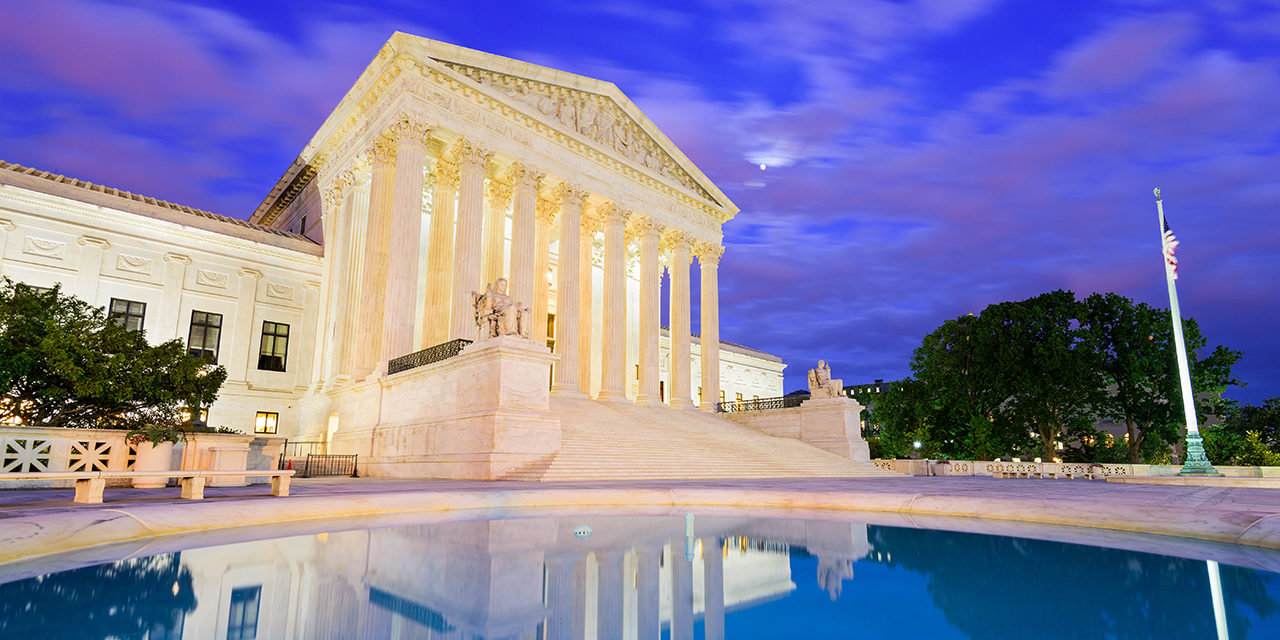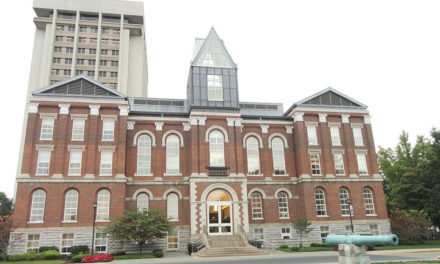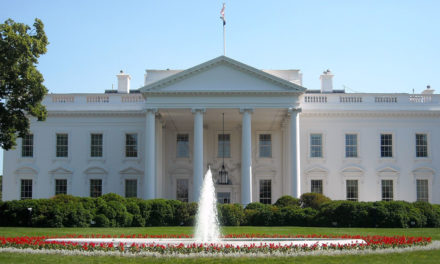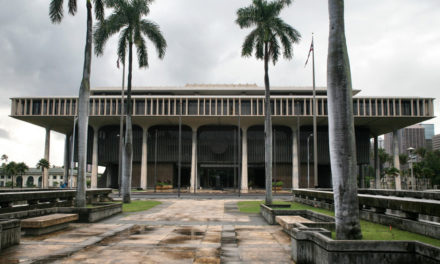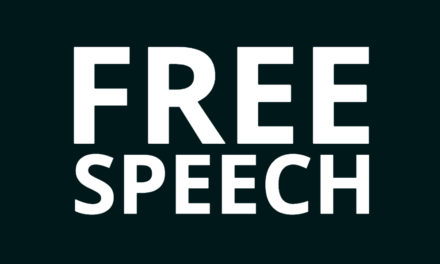The freedom Americans enjoy to associate with one another and support causes they believe in without fear of retaliation is a powerful First Amendment right that the U.S. Supreme Court has supported for over half a century. In April, the nation’s high court will hear arguments concerning whether that same freedom applies to the donor lists of conservative, charitable organizations doing business in the state of California, where leaks from the government are common, and fear of retaliation by today’s “cancel culture” are a foreseeable consequence.
In a pair of related cases that will be heard by the justices on April 26, a California government policy requiring disclosure of major donors to charitable organizations is being challenged by a conservative public interest law firm, the Thomas More Law Center, headquartered in Michigan, and Americans for Prosperity Foundation, a libertarian/conservative political activist group. Both are federally recognized 501(c)(3) charitable organizations that solicit donations within the state of California.
California’s stated interest in requiring the disclosure of major donors to charitable organizations is allegedly to ensure that such organizations are not engaged in fraudulent activities within the state. In reality, however, as a trial court judge originally found in these cases, the state rarely pursued any investigation into such organizations, but routinely leaked that information to the public. The judge called the state attorney general’s office, which was in charge of requiring and holding on to the information, a “sieve.”
That’s important in an era where it’s risky to be a conservative who associates with conservative causes, as Mozilla executive Brendan Eich learned the hard way after donating to the Prop 8 initiative to preserve one man, one woman marriage in California. Today’s “cancel culture” is unforgiving when it comes to conservative perspectives on marriage, God’s design of male and female, and resisting the Left’s efforts to mainstream the sexual revolution in public policy.
But the Supreme Court has long supported the right of confidentiality implicit in the freedom of association. In 1958, in the case of NAACP v. Alabama, the high court upheld the right of the famous civil rights organization to withhold the name of its rank-and-file members from the state of Alabama, which was conducting an investigation of all out-of-state corporations doing business in the state. The NAACP’s argument that disclosure would create a very real possibility of retaliation to its members during the heated years of the civil rights movement found unanimous acceptance by the court in its decision.
Alliance Defending Freedom (ADF) represents Thomas More Law Center in the current case.
“Every American should be free to support causes they believe in without fear of harassment or intimidation,” said ADF Senior Counsel and Vice President of Appellate Advocacy John Bursch. “Mandatory disclosure of sensitive information is especially dangerous for donors and employees of nonprofits like Thomas More Law Center, who have faced intimidation, death threats, hate mail, boycotts, and even assassination plots from people who don’t agree with them. Given that the California Attorney General’s office hardly ever uses supporter information for any purpose, it’s no wonder numerous groups across the ideological spectrum agree that simply no justification exists for forcing charities to put themselves and their supporters at risk through forced disclosure of donor names and addresses.”
If the government can force expressive organizations to reveal their donors or members, and there is a very real threat that such disclosure will put them in harm’s way, then some people will not join or donate to organizations and causes with which they might otherwise choose to associate. That “chills” free speech, something the First Amendment was designed to prevent.
The two California cases are crucial tests for the future of free speech and freedom of association in this country. They are also necessary checks against the tendency of today’s “cancel culture” to seek to block or punish speech deemed politically incorrect.
A decision in the two cases can be expected sometime before the current term of the Supreme Court ends in late June.
The cases are Thomas More Law Center v. Becerra and Americans for Prosperity Foundation v. Becerra.
Photo from Shutterstock

